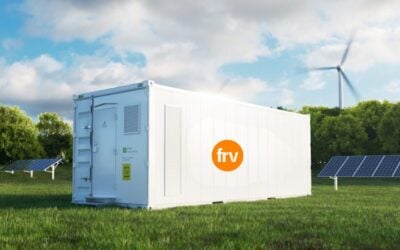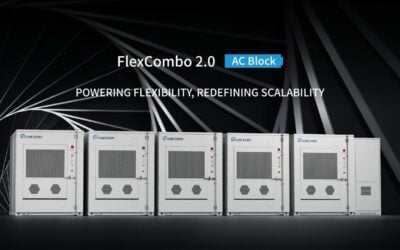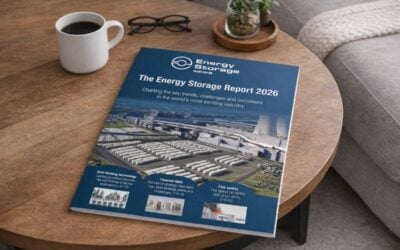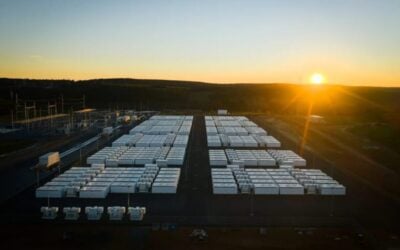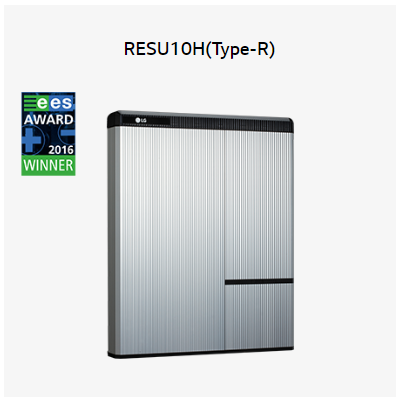
Safety concerns surrounding overheating of LG Energy Solution energy storage system (ESS) batteries have led to the manufacturer to issue a recall.
ESS batteries manufactured between April 2017 and September 2018 are to be replaced for free by South Korean-headquartered LG Energy Solution following reports of overheating reaching the battery manufacturer. Having conducted its own review, it found there were “certain issues” in the early production process for electrodes in the ESS batteries.
Remote modifications to the potentially affected ESS batteries are also to be implented where possible to reduce the potential for overheating while the owners of wait for replacement units. LG Energy Solution’s battery diagnostic and control software is also to be updated at both domestic and overseas sites, with field inspections to be undertaken to monitor and minimise the potential for further incidents.
This is not the first recall to be issued by LG Energy Solution this year, having undertaken a replacement programme in March 2021 of some of its residential battery energy storage systems sold in Australia due to potential defects that could cause overheating.
Try Premium for just $1
- Full premium access for the first month at only $1
- Converts to an annual rate after 30 days unless cancelled
- Cancel anytime during the trial period
Premium Benefits
- Expert industry analysis and interviews
- Digital access to PV Tech Power journal
- Exclusive event discounts
Or get the full Premium subscription right away
Or continue reading this article for free
This replacement programme concerned lithium-ion battery cells produced during a similar period to those invovled in today’s announcement, with an affected date of between March 2017 and September 2018. The recall also prompting a remote software upgrade, although this was to two units in its RESU range to limit charging to 90% capacity in order to lower maximum state of charge and ensure safety until they could be replaced.
This was predated by a replacement programme of some of its residential battery products sold between January 2017 and March 2019 in the US due to concerns over fire safety.
It comes at a time when the manufacturer is looking to boost its US production capabiltiies, targeting over 110GWh of capacity using a US$4.5 billion investment spread out between now and 2025. LG Energy Solution has held a presence in the US market since 2012, when its first 5GWh battery production plant opened in Michigan in 2012, and it is currently buidling a 35GWh plant in Ohio through a joint venture agreement with carmaker GM.

